At 6:35 p.m. last Thursday, the 108th Legislature adjourned Sine Die, bringing the session to an end. The last day of this 60-day session was anything but normal.
We considered eight bills on Final Reading along with the appropriation bills (“A” bills) associated with funding for the bills. Three of the eight bills were filibustered. Comparatively, most legislative sessions end with consideration of any gubernatorial vetoes, outgoing speeches from outgoing senators, and a few ceremonial activities.
We did not have any vetoes to consider on Thursday, but the governor will likely veto at least one of the bills passed on Day 60. Because we have no more regular session days, the Legislature will not have any ability to consider overriding the veto.
Two of the more controversial bills were heard on Day 60: LB 1402 and LB 388.
Tax break for private school students
LB 1402 repealed the Opportunity Scholarship Act passed last year and replaced it with a bill to fund Scholarship Granting Organizations (SGO) through the State Treasurer’s Office. The SGOs provide scholarships for low-income students to attend private K-12 schools.
Although the original bill proposed $25 million in annual funding with increases for future years, the ultimate proposal was reduced to a flat $10 million per year without any increases in future years. As a result, the bill brought a General Fund savings of $15 million per year during the next biennium.
Like last year, I received many emails on this bill. In the end, my decision to support the bill was based on providing opportunities for all students, regardless of their parent’s ability to pay, to have access to a school that can best serve their needs.
We have been doing this for several years now in the public school system by allowing “option enrollment.” With option enrollment, students can choose to attend the public school of their choice, subject to acceptance by the receiving school. The state, in turn, pays the receiving public school approximately $12,000 for every “net” student transferring to the school at a cost of about $120 million annually to the state. In comparison, the $10 million in tax credits to fund scholarships for low-income kids seems very reasonable.
Although many wanted to make this bill about public school performance, that was never the case in my mind. All the public schools in District 42 are quality schools that are graduating students who are well-prepared for the future. In the end, providing greater opportunities for all children has always been my goal.
Property taxes
In addition, we debated LB 388, the bill intended to reduce property taxes. This bill went through many changes along the way, but in the end failed to have sufficient votes to overcome the filibuster on Final Reading.
The bill originally proposed to raise the state sales tax by 1%, raise the taxes on cigarettes, vaping products, hemp products, and skill games, remove exemptions for taxes on small veterinary services, repair and cleaning of clothing, and “candy” and soda, and added a tax for digital advertisers who generate over $1 billion in annual advertising revenues.
The final bill eliminated the 1% sales tax increase but retained the other sources of revenue.
The use of the additional revenue also changed over the course of the bill’s consideration. Originally, the dollars were to be distributed through the public schools in order to reduce their property tax asking. Later, it was proposed to use the dollars to increase funds for income tax rebates authorized by LB 1107 in 2020, directly paying these funds to the counties to provide a direct property tax credit on your property tax statement.
Given that a fairly large percentage of property taxpayers still do not claim this credit on their income tax returns, this credit would bring property tax savings to many more taxpayers. The bill also would have placed growth caps on the rate at which certain political subdivisions could increase their budgets without voter approval.
As we have discussed in the past, property taxes are only assessed at the local level. The state does not assess a property tax. In 2023, the state collected approximately $2.3 billion in sales taxes and just over $4 billion in income taxes. Meanwhile, total property tax collections throughout the state exceeded $5.3 billion.
Most importantly, however, the $5.3 billion is up from about $3.4 billion in 2013.
In the end, it is imperative that any property tax relief be sustainable, which means annual growth caps and controlling spending at all levels of government. We also need to continue searching for ways to grow our taxpayer base by recruiting and retaining employers and increasing opportunities to draw out-of-state visitors through tourism.
A balance between income, sales, and property taxes is the best way to ensure that no one group will sustain an unreasonable tax burden. However, I do not support removing local control over our property tax assessments. If all taxes are collected at the state level, it will be the state Legislature that determines how many dollars return to rural Nebraska. Since two-thirds of the state senators represent the eastern third of the state, I don’t really like our odds.
The governor has strongly suggested calling a special session (or two) to address the property tax issue. If the special session is to be successful, it will be important to have at least 33 senators willing to vote for a plan. So, there is a lot of work to be done between now and then.
I look forward to hearing from you regarding issues that are important to you. It is a privilege to serve as your state senator, and I will continue to give my full effort to make a positive difference for the district and the state. You can reach me at mjacobson@leg.ne.gov or by calling my legislative office at 402-471-2729.
Mike Jacobson represents Lincoln, Logan, McPherson, Thomas, Hooker and the majority of Perkins counties – Dist. 42 — in the Nebraska legislature.
© 2024 The North Platte Bulletin. All rights reserved.



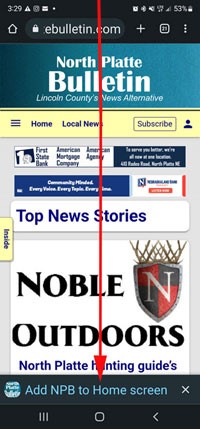
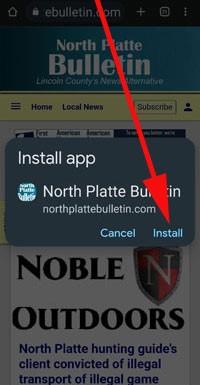
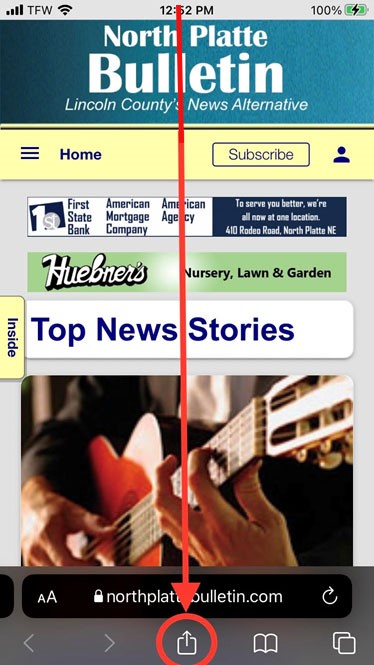
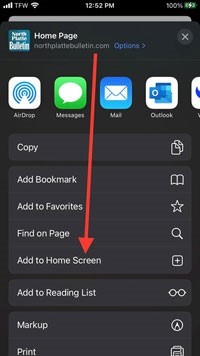
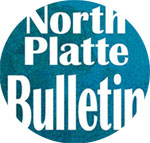





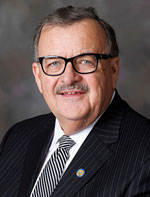






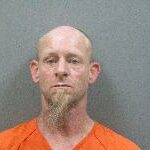














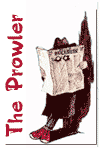

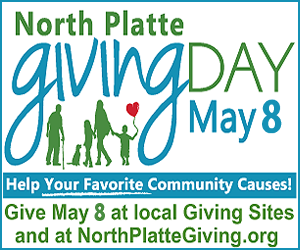









Log in to post Talk Back